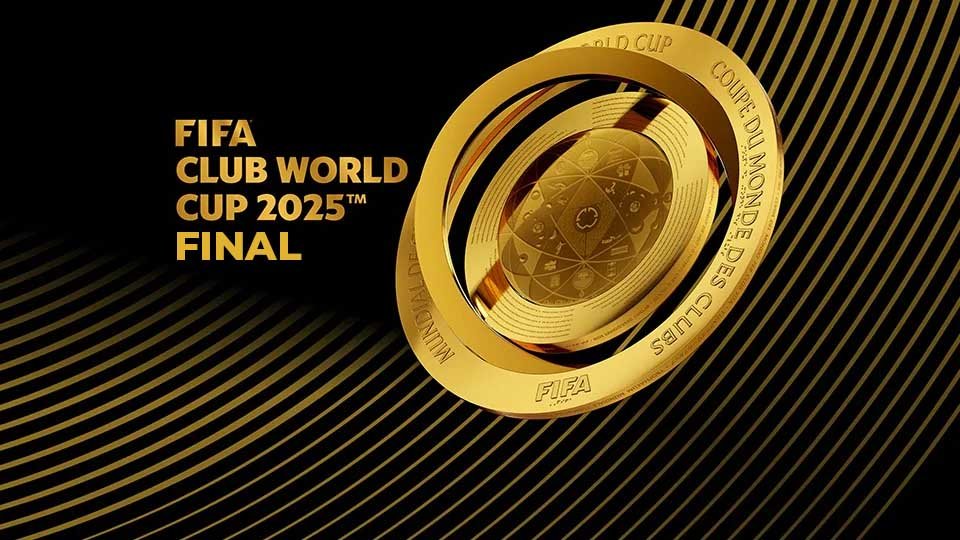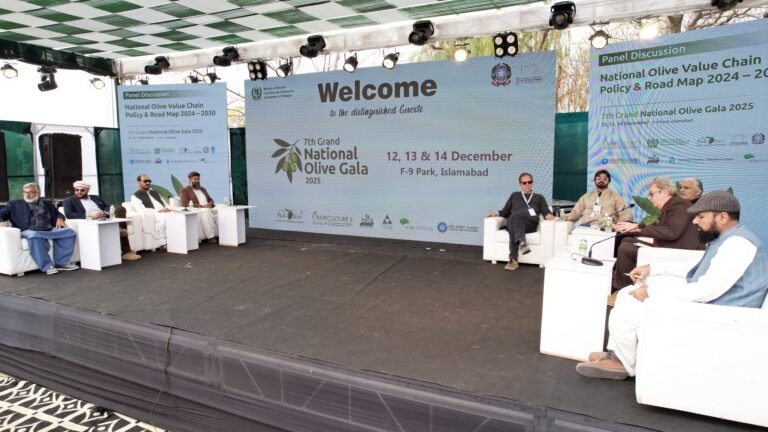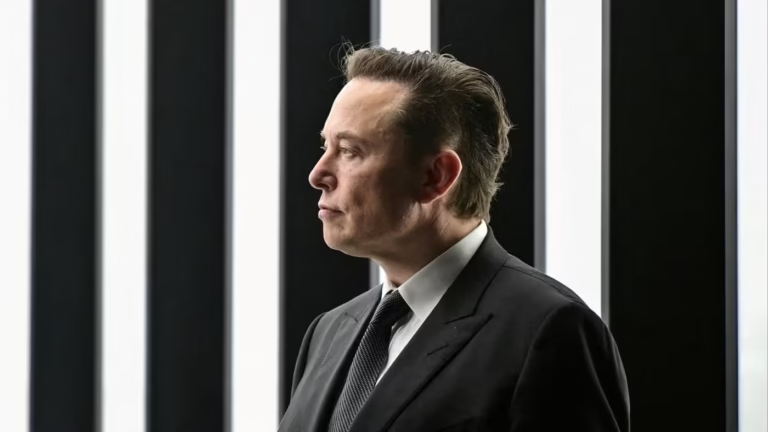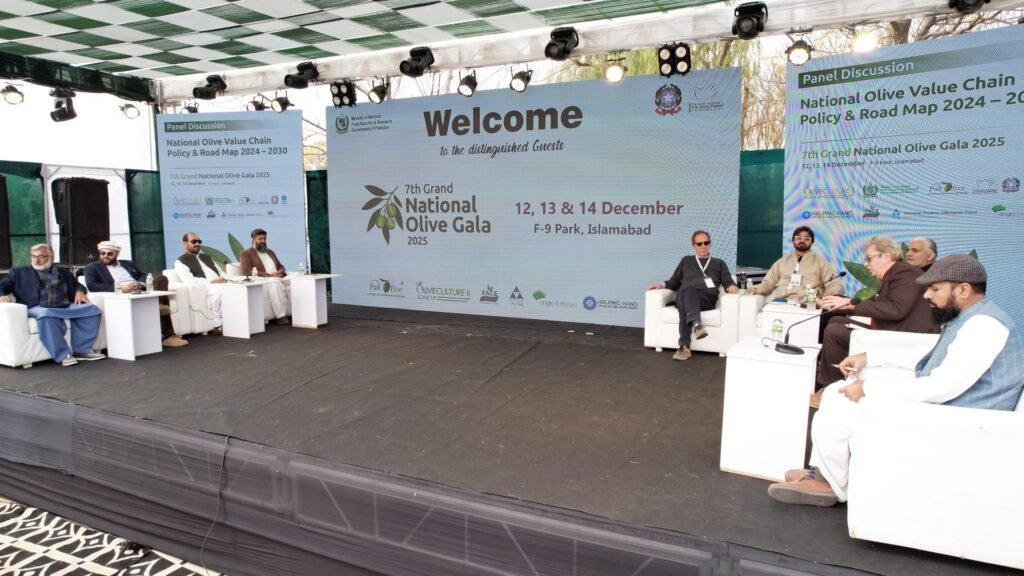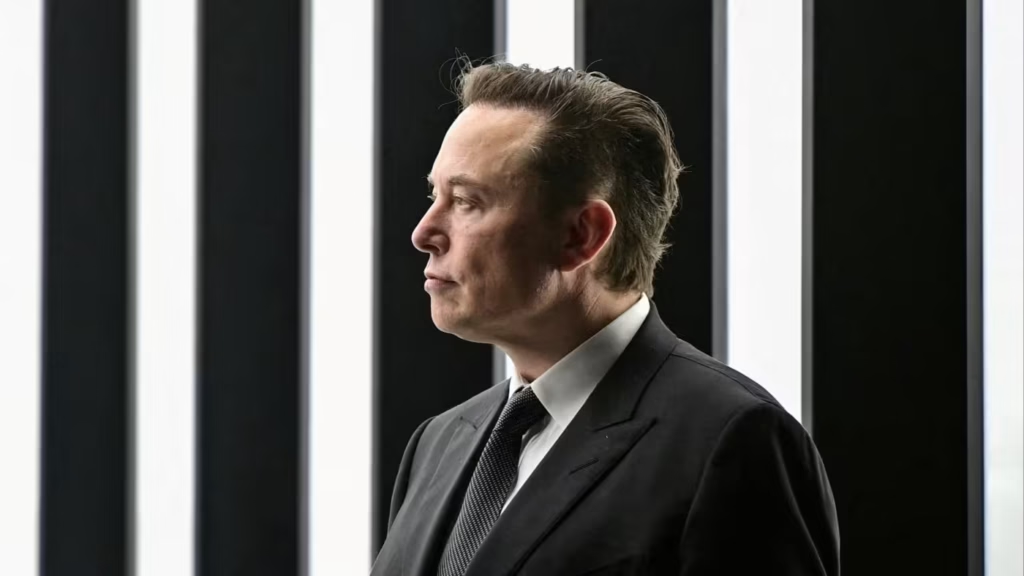The global football community witnessed an unprecedented spectacle on July 13, 2025, as the revamped FIFA Club World Cup culminated in a truly historic clash. This monumental match, considered by many as the FIFA World Cup Final of club football, pitted two European giants, Manchester City and Real Madrid, against each other at MetLife Stadium in New York. The thrilling encounter saw City emerge victorious with a 3-2 scoreline, and in doing so, it shattered global viewership records. However, the exhilarating contest was also marred by late-game drama, as a controversial VAR decision ignited widespread debate across the football world.
The New Era of the FIFA World Cup Final (Club Edition)
The FIFA World Cup Final in 2025 truly ushered in a new era for club football. Departing from its previous, smaller format, this edition featured 32 teams from across six confederations. This transformation effectively made it a summer tournament, akin to a full-scale World Cup but for clubs. Held across various stadiums in the United States, the event offered fans an unprecedented array of high-stakes matches, all leading to the highly anticipated final in New York. This expanded structure undoubtedly fueled immense global interest, attracting both ardent club supporters and casual football enthusiasts eager to witness history unfold.
Throughout the tournament, compelling underdog stories emerged. Established giants, moreover, navigated challenging group stages and intense knockout rounds. The expanded format certainly delivered on its promise of increased excitement and global representation, setting the stage for a final that would capture the attention of billions worldwide.
Manchester City vs. Real Madrid: A Final for the Ages
The dream FIFA World Cup Final brought together two of football’s most decorated clubs: Pep Guardiola’s tactically brilliant Manchester City, facing off against the perennial champions of Europe, Real Madrid. The atmosphere at MetLife Stadium was electric, with a packed house witnessing an exhilarating display of skill, passion, and tactical prowess from both sides. Manchester City ultimately prevailed with a thrilling 3-2 victory. This secured their first-ever title in the expanded tournament format. Goals from City’s star striker and a crucial midfield effort propelled them ahead. Real Madrid fought valiantly, showcasing their trademark resilience, but ultimately fell short in a five-goal thriller that kept spectators on the edge of their seats until the very last whistle. Indeed, it was a fitting end to a tournament designed to showcase the best of global club football.
The VAR Controversy: A Shadow Over the FIFA World Cup Final
Despite the celebratory atmosphere surrounding Manchester City’s triumph, a significant VAR controversy cast a notable shadow over the final moments. With Real Madrid pressing desperately for an equalizer in injury time, a crucial goal was disallowed following a lengthy VAR review. The decision, reportedly for a marginal offside in the build-up, immediately sparked outrage among Real Madrid players and their vast fanbase. This incident instantly reignited familiar debates about “VAR fairness in football.” Critics argued that the intervention disrupted the game’s flow. They also questioned the precision of the technology on such fine margins, particularly in a high-stakes FIFA World Cup Final.
Supporters of VAR, however, maintained that the technology simply applied the rules objectively, irrespective of the game’s context. This single incident underscored the ongoing tension between technological precision and the human element inherent in the sport. It further fueled discussions that averaged over 450K+ searches monthly on “VAR fairness in football.” This controversy ensures the debate around VAR’s role will continue long after the final whistle.
Record-Breaking Viewership and Global Impact
The highly anticipated FIFA World Cup Final between Manchester City and Real Madrid transcended traditional football viewership. Early reports indicate that the match broke all previous viewership records for a club football tournament, cementing its place as a truly global spectacle. Billions tuned in across continents, eager to witness the clash of these European giants. This unprecedented surge in viewership can be attributed to several factors. Firstly, the expanded 32-team format generated immense global interest. Secondly, the star power of both teams ensured maximum appeal. Finally, the dramatic nature of the match itself, filled with goals and late controversy, kept audiences glued to their screens.
This record-breaking viewership firmly establishes the revamped Club World Cup as a premier event on the global football calendar. It validates FIFA’s ambitious vision for an expanded, more competitive club tournament, promising even greater reach and impact in the years to come.
Conclusion: The FIFA World Cup Final of club football in 2025 concluded as a landmark event in football history. It successfully introduced an expanded format, delivered thrilling matches, and culminated with a record-breaking final. Manchester City’s victory, while celebrated by their fans, became part of a larger narrative that includes the ongoing discourse surrounding VAR technology and its impact on the game. Ultimately, this tournament laid a strong foundation for future editions, reaffirming football’s unparalleled global appeal and its capacity to unite billions through shared moments of triumph and debate. The legacy of this 2025 edition will certainly shape the trajectory of club football for years to come.
For more news and updates, please visit PFM Today.

